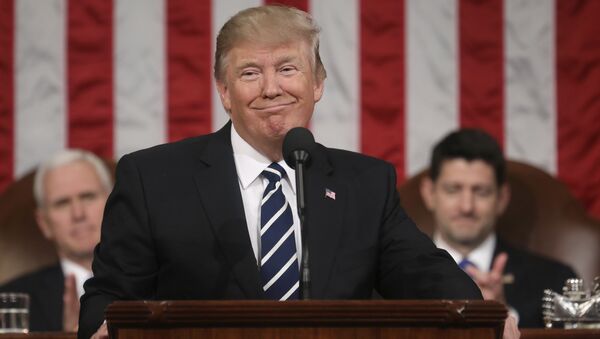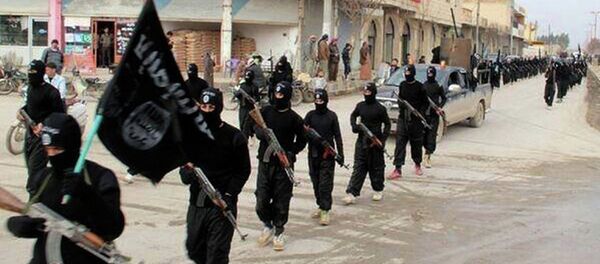"Things are in such a state of confusion, it is a little hard to tell what is going on," retired veteran Defense Department analyst Chuck Spinney told Sputnik.
Spinney said Trump’s Middle East policy was conflicting, confused and lacked consistency.
Spinney’s comments followed the news that top Trump adviser Steve Bannon, who has advocated reduced US military commitments around the world has been ousted from the National Security Council (NSC).
Power in the NSC has been consolidated in the hands of National Security Adviser H. R. McMaster, a US Army lieutenant general hardliner closely associated with neoconservative hawks, US news reports said.
Spinney noted other indications that the Trump administration was preparing for expanded war operations.
Spinney noted that on March 24, US Africa Command (AFRICOM) Marine Gen. Thomas Waldhauser sought increased authority from the Defense Department to go on the offensive in Somalia and keep US troops in Libya. Waldhauser also expressed concern about the Russian presence in North Africa, especially in Egypt.
University of Louvain Professor Jean Bricmont, an eminent philosopher and author, agreed that under Trump US policies on the Middle East lacked any guiding framework.
"It is difficult to make sense of American policies in the Middle East because they do not have a coherent goal. They, of course, have to support Israel [and] from the oil point of view they are linked with Saudi Arabia, which is ‘objectively’ close to Israel, especially against Iran," Bricmont said.
In addition, US efforts to defeat Daesh were contradictory and self-defeating, Bricmont pointed out.
"I don’t think that they [the United States] have a consistent policy… They also want to defeat the Islamic State, at least in Iraq. But the Iraqi government, whom they put in power, is Shiite and [is] rather close to Iran. In Syria, they support they support the Islamic State [Daesh] and so does Saudi Arabia explicitly and Israel more… clandestinely," Bricmont said.
US policy toward the region was reminiscent of the chaos the United States inflicted on much of Southeast Asia in the era of the Vietnam War, Bricmont recalled.



